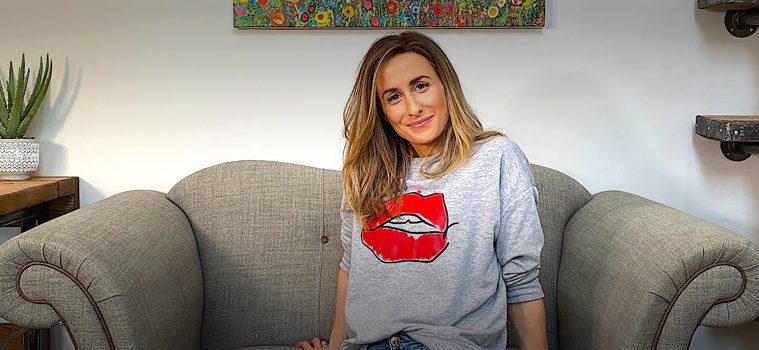Scrolling for Sanity –
November 27, 2020 – The thought of joining TikTok last year made clinical psychologist Julie Smith apprehensivAs the video-sharing app’s popularity was surging in late 2019, it was better known for viral dancing clips than as a place to find a therapist. Initially, it took Smith some time to get used to the app — the thought of being seen on social media was “a discomfort” she had to sit with. The impact of Smith’s work on TikTok goes far beyond the numbers. Although she doesn’t offer therapy directly via the app, she offers regular bite-size educational videos focusing on mental health. She has covered topics such as self-sabotage, anxiety and narcissism. A video she did for World Mental Health Day, using grains of rice in a clever analogy, received 100,000 likes and almost 500,000 views. A comment left on this video said, “I’m trying to come out of a very dark place and it helps not to feel alone.” Other TikTok users frequently say her videos have inspired them to consider pursuing a career in psychology. “I am quite naturally introverted, but I felt quite passionate about making information accessible to people — and TikTok allows you to access so many people,” Smith said. “I help teach people about how their mind works, how their emotions work.”That information could help people “understand what’s happening in our bodies when we feel anxious, and effective ways you can bring that anxiety down.” In a year of lockdowns and social distancing, aside from messages of gratitude, she has been told that her videos have helped save lives.



